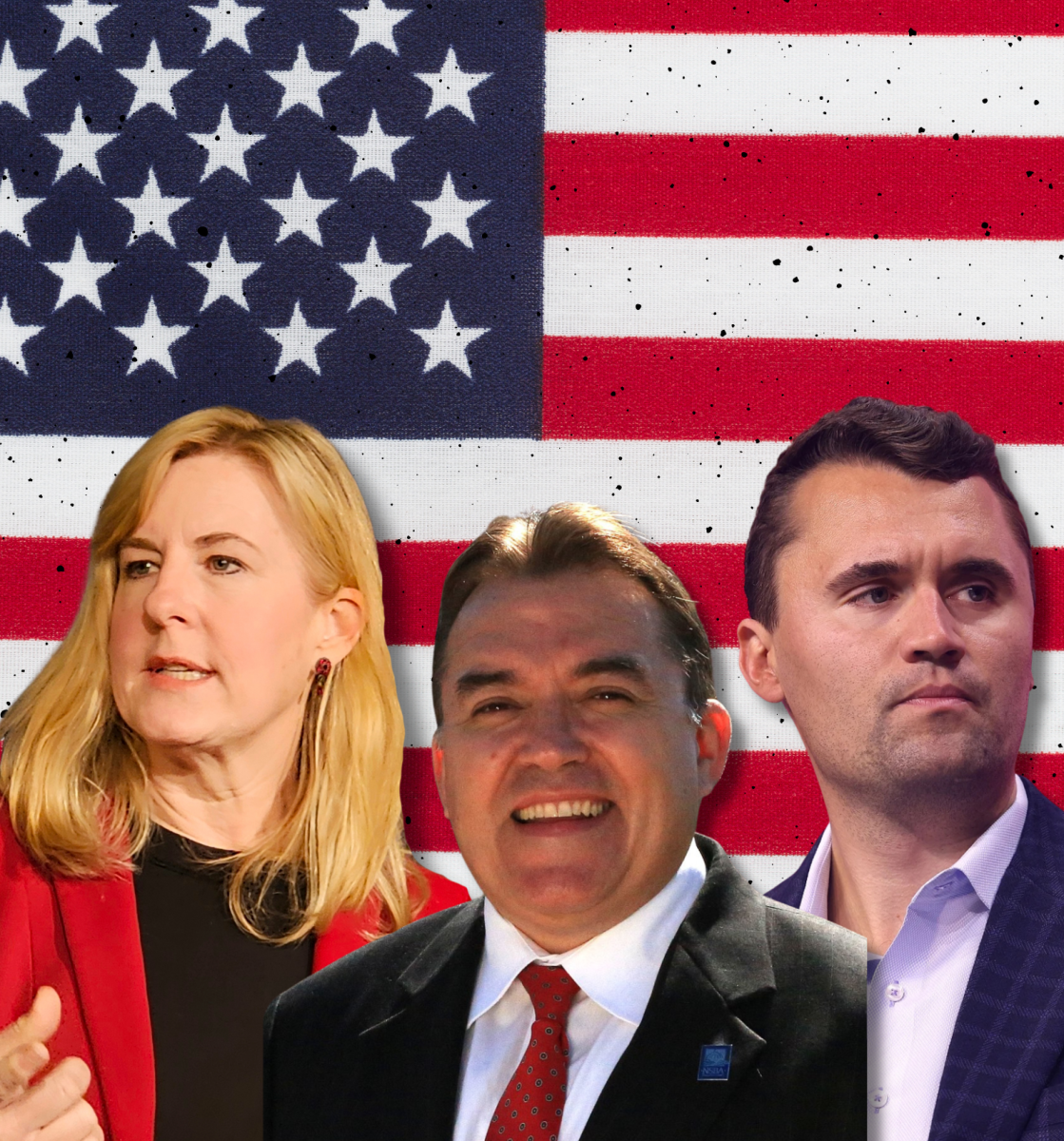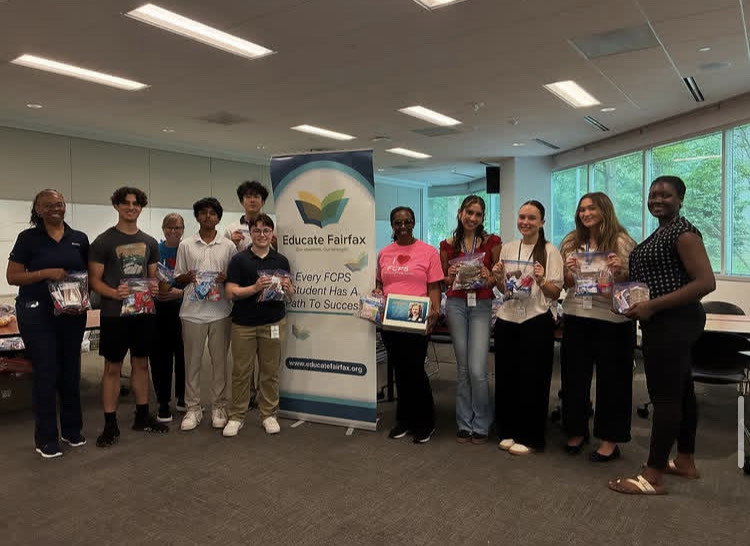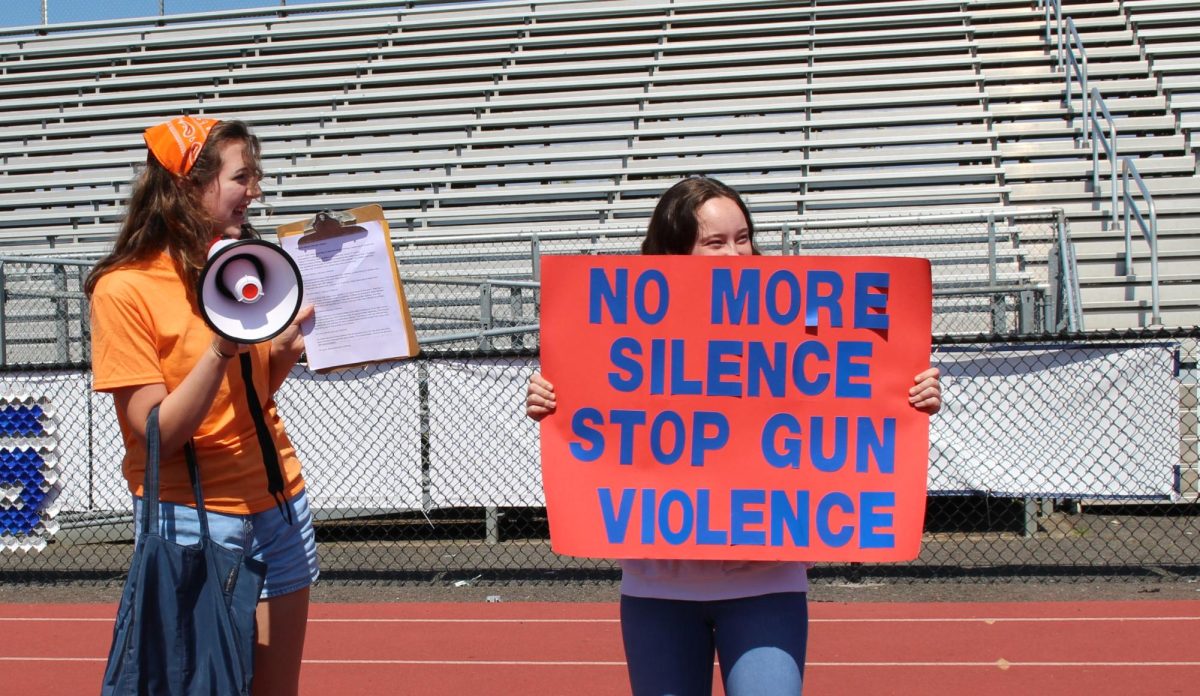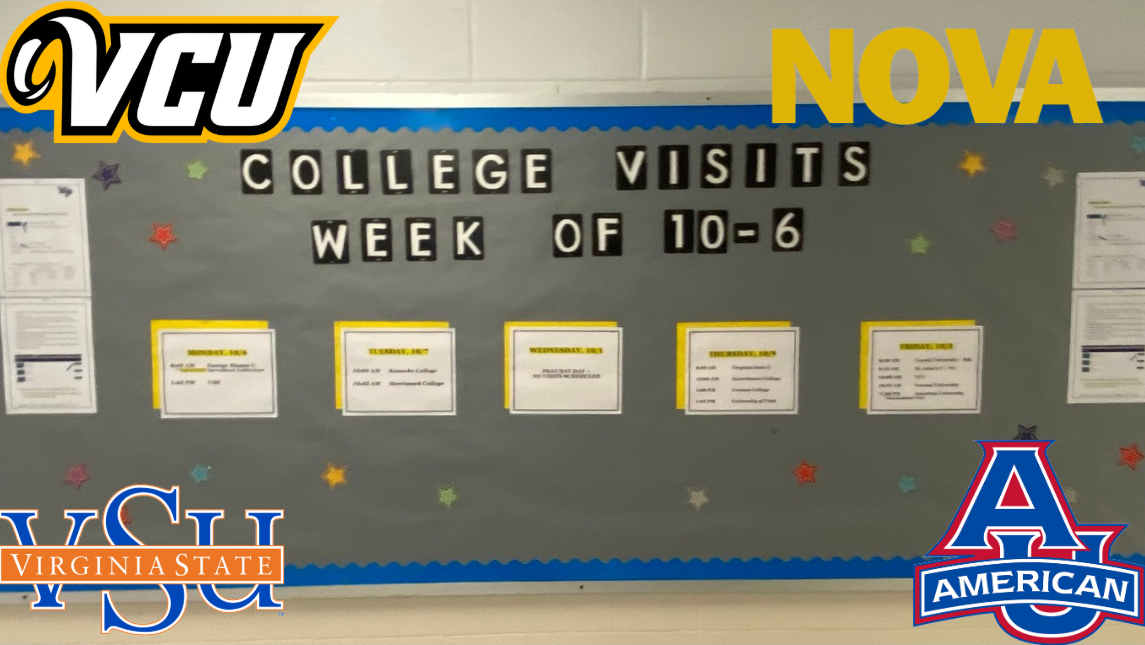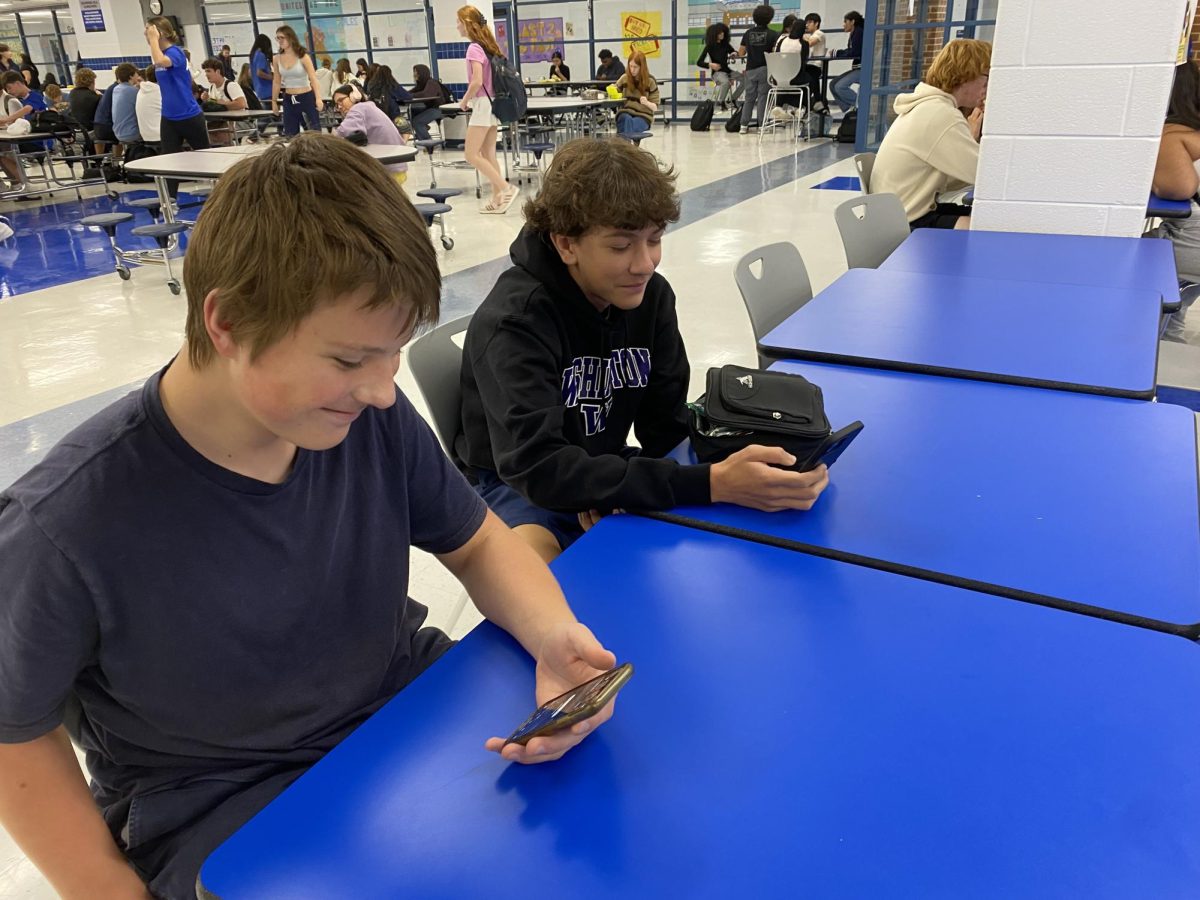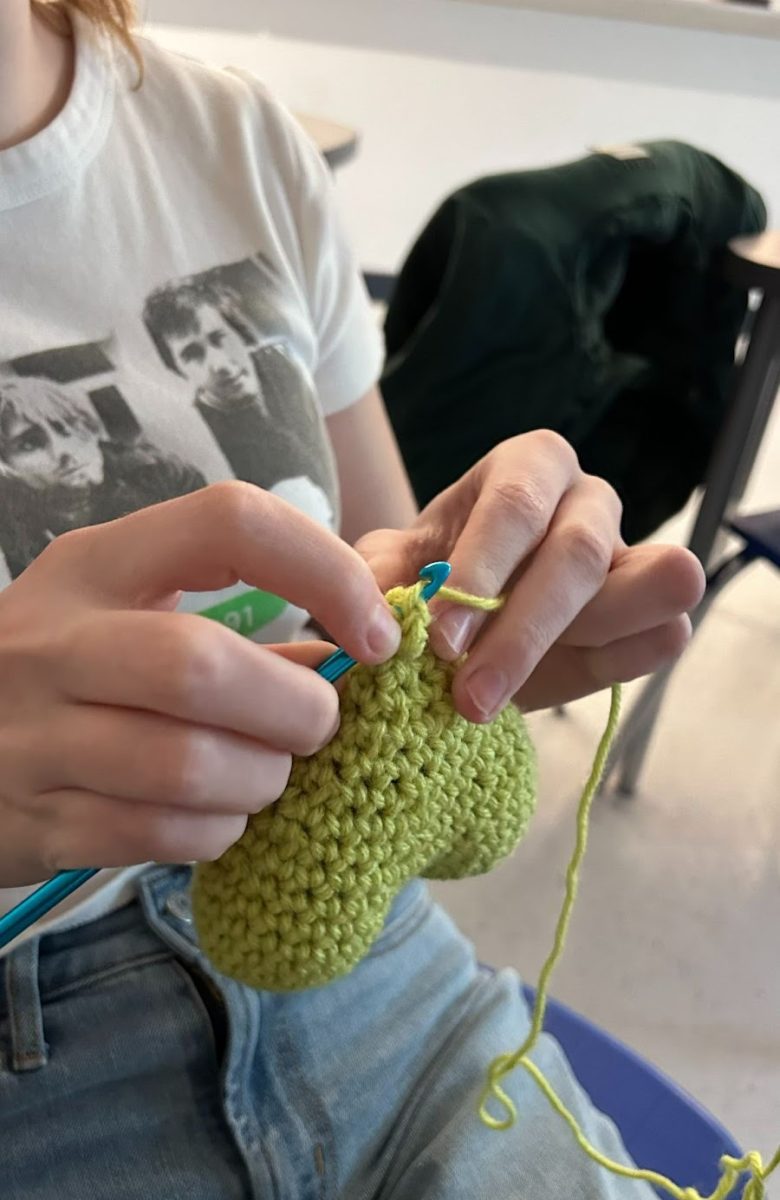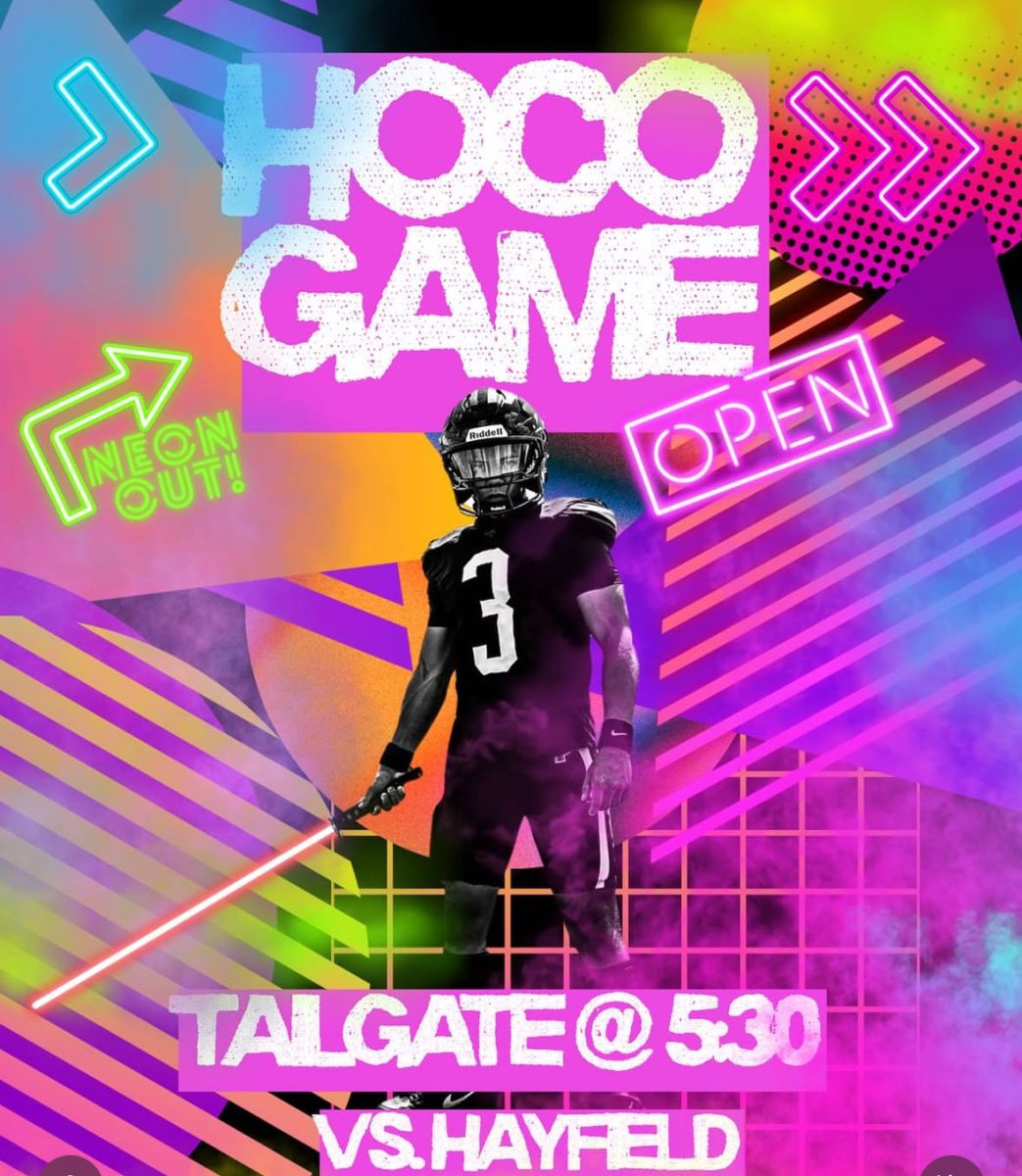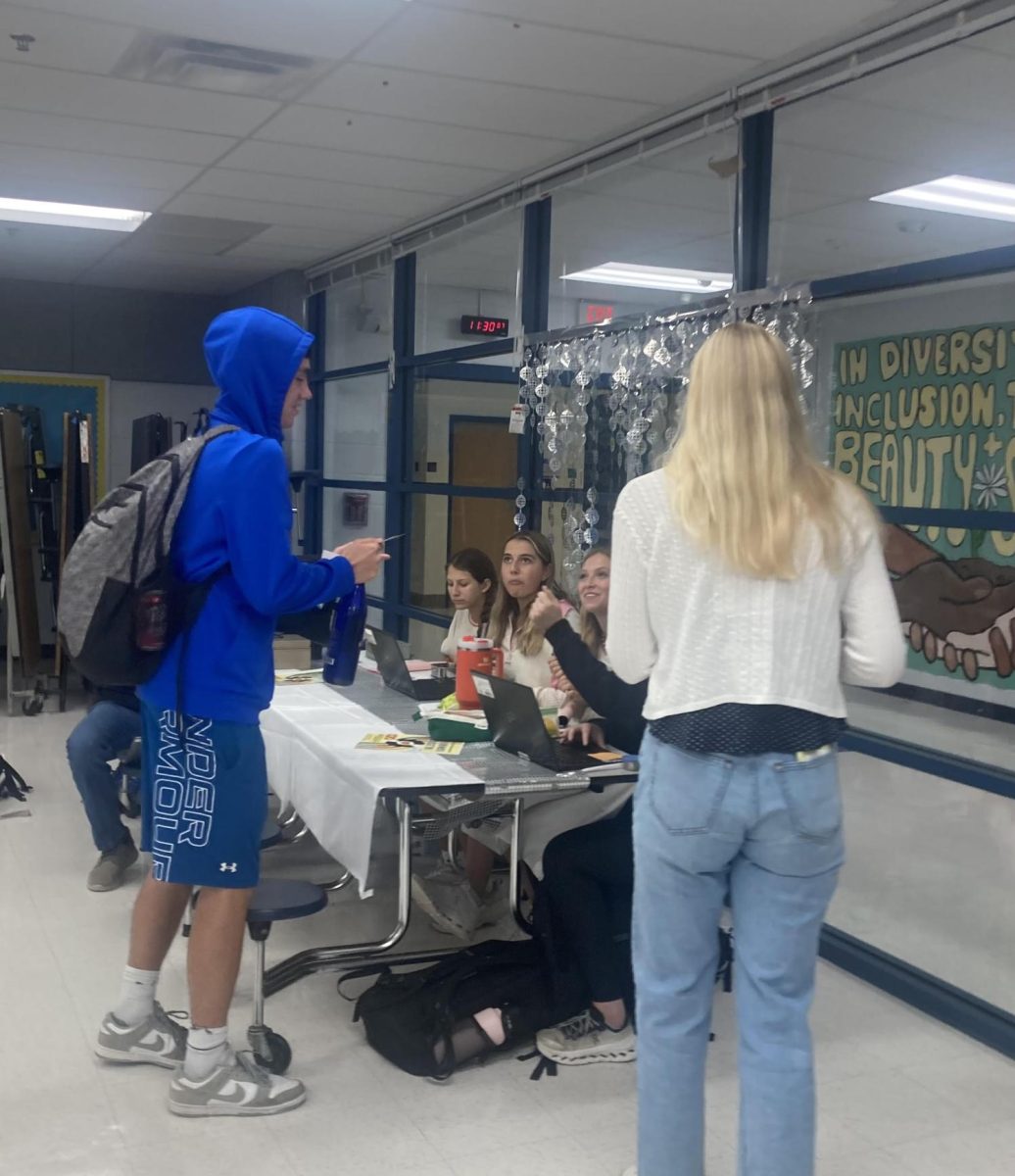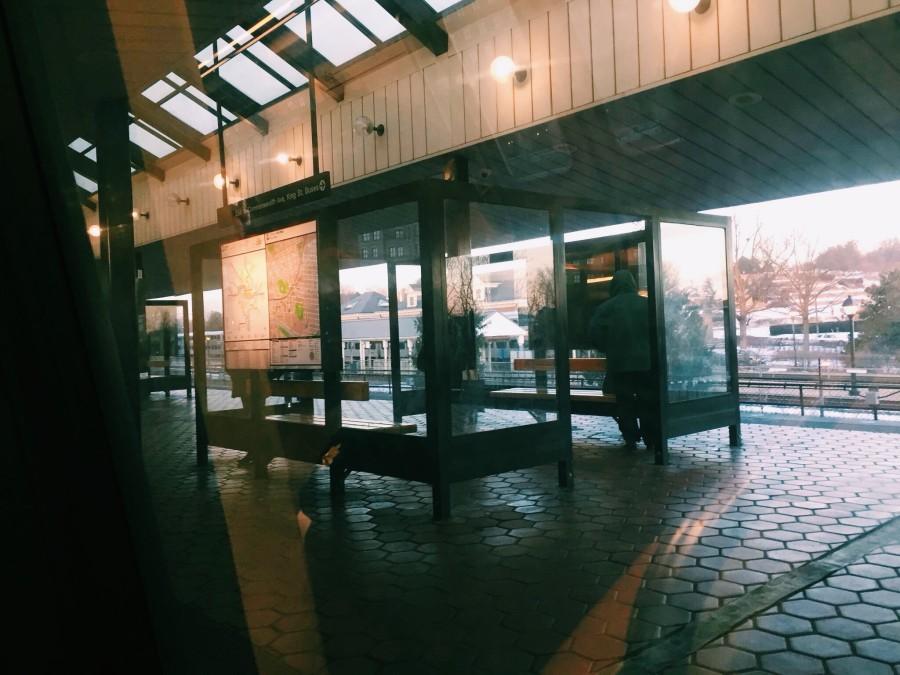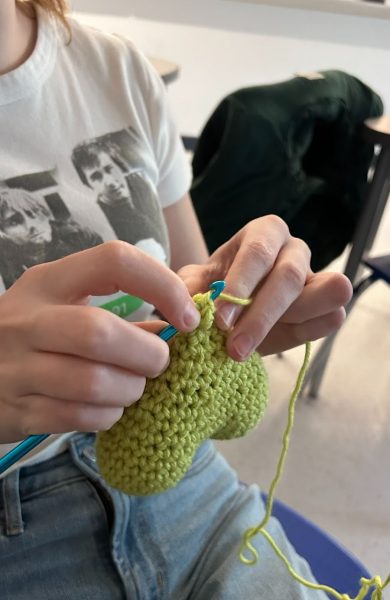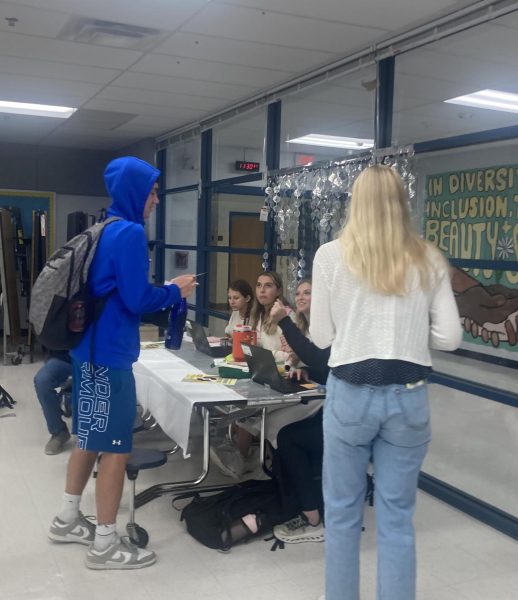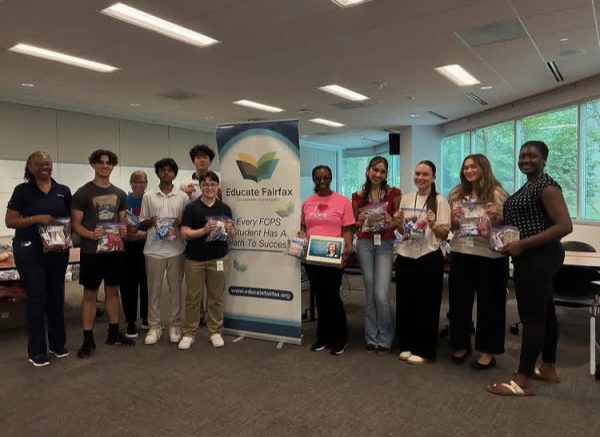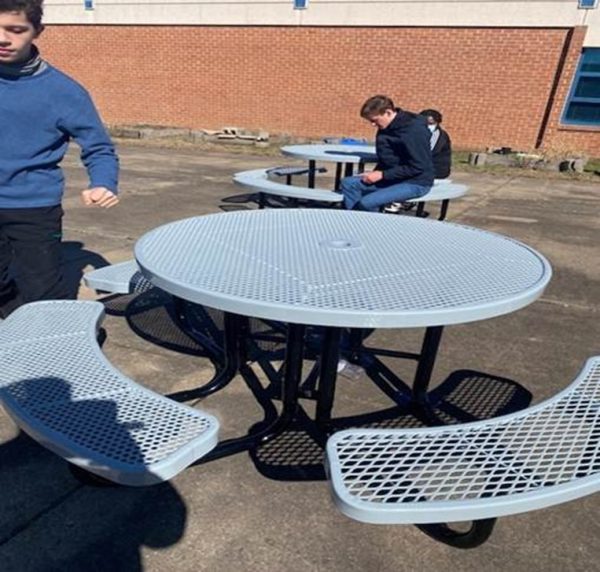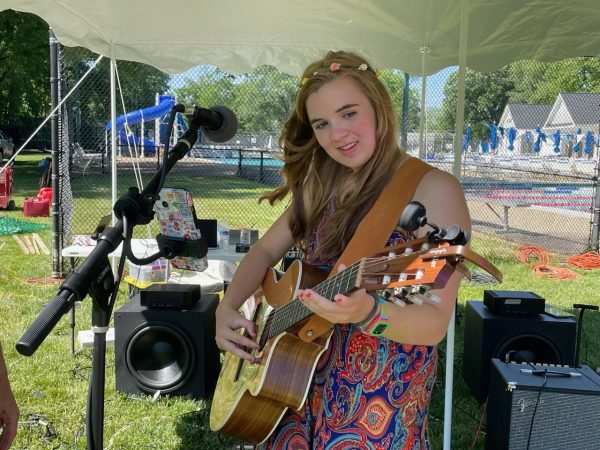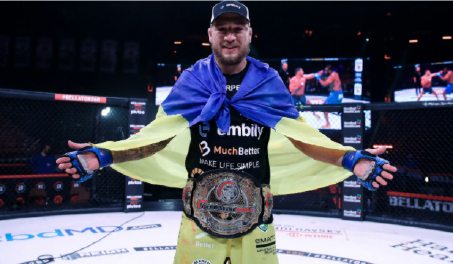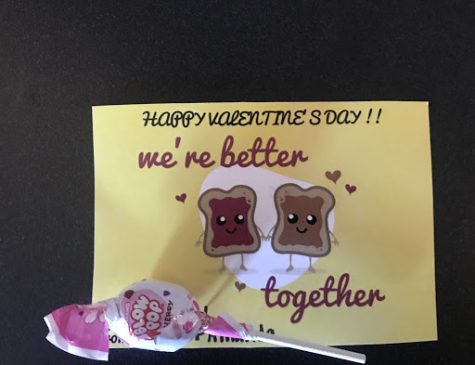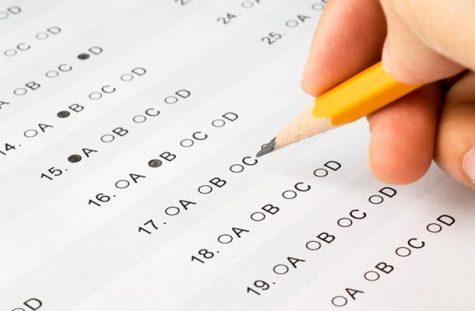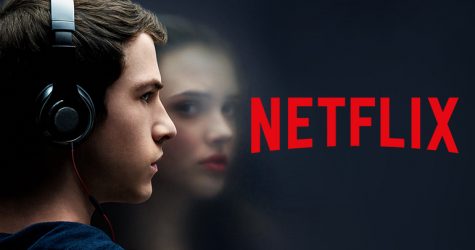Meeting Benjamin – A Heartfelt Encounter on the Metro
A “Slice of Life” from Senior Kelly O’Meara
“I’ve never talked to any other passengers on the Metro, but I must have spent 45 minutes just chatting away, hearing about his entire life, and how it affected him. It was incredibly surreal.”
This is the story of how I made a grown man cry.
Let me tell you about Benjamin. Benjamin is a beautiful, divorced, overweight, homeless, unemployed, and crippled black gentleman. He also has an admirable knack for history. I met him in the Gallery Place Metro Station. He is now my friend.
I was leaning against the escalator, minding my own business, when Benjamin walked over, and asked if he could share my railing with him. He was out of breath on account of his knee and size. I obliged, and he began, out of nowhere, to describe how his night of Seahawks-fury induced football drinking had got him to his current state. I laughed with him, and pretended I knew more about the game than the two minutes of overtime I caught before I left for the movies (I saw The Wedding Ringer, a very funny movie. Check out my review on Twitter @KellyDoesFilm, the superior social media site.)
He asked who I supported, and since I liked the Seahawks from last year, I skirted around the question, before responding with, “Well, I’m a Redskins fan, but that didn’t work out this year,” accompanied by much laughter. It’s always a safe bet to go with the home team in Washington. He then joked that I looked more like a Cowboys fan (I was wearing my blue WestPo letterman jacket) and I told him it was from my high school across the river.
He asked if I was from Virginia, and said he was too. I added that I’m from Alexandria, and he said that he was as well (I am from Mount Vernon, and he is from Old Town). How he began telling me the entire history of Alexandria and Old Town, I don’t remember, but it happened, anyhow. Not to brag, but I know my history (#HumbleBrag). I was in D.C. today to walk around the monuments.
I was able to get to the Washington Monument, Lincoln, Roosevelt, MLK, Korean War, WWII, and Jefferson Memorials all in one day by walking around the Tidal Basin; and the Nat. Art Gallery (both east and west wings) and the Air and Space Museum as well. I knew all about the formation of D.C., Old Town, and Alexandria already, but the man was nice, so I decided to indulge him for a bit.
Since we were both taking the yellow line, he sat with me–different rows though, he took up two seats. I asked for his name before we continued. He said “Benjamin”, and I said “Kelly” while shaking his hand. This was the first of four handshakes. The man liked shaking hands.
Through our discussion, he unraveled information to me. He told me he first saw PBS do specials on the history of towns on a small TV his former boss let him keep on duty. The TV is now gone, however. Remember that fact. He wanted to know about Alexandria, his own home town, so he organized people to write to PBS and get Alexandria featured. They answered with a six part series, and I can tell he loved it–sort of.
He found out Alexandria sold slaves in a big way, and he felt the tobacco market, which he had always known used to be a big export, was overshadowed. Then he began crying for the first time, over slavery, which was awkward for me, since I just went to D.C. on MLK day, to acknowledge the greatest civil rights activist ever. (Let’s be real, the post-Civil War African American civil rights were a joke. Go watch Selma for proof.) I gave him a comforting pat on the back. He took it graciously.
As we continued our discussion, he revealed that he had shared the series with his mom, which then led to him mentioning he was recently divorced. He said his mom told him he could do anything he wanted to, (dream and aspiration-wise), but I got the feeling she was “out of the picture”–either passed away or in a retirement home. She truly sounded like a charming, supportive woman. He eventually mentioned to me he was homeless. The only person he had to count on was a priest at his church, who funded his sleeping arrangements.
This is where I realized we had hit a sensitive nerve. He felt completely alone in the world. I told him, “Well Benjamin, a few minutes ago, we were complete strangers, and now I’d say were friends.” At this point, he actually lost it and began to cry. I really felt for the big teddy bear of a man. He shared more things that I’ve since forgotten, but I really connected with this curious stranger.
When we reached King Street Station, he asked to say a prayer with me, which I happily agreed to. Then he hobbled out and gave me a little half salute through the window, and disappeared into the night.
Benjamin is yet another example of a homeless man, lost to the ravages of life, and thrown to the oblivion of obscurity. He is the product of everything happening all at once. His divorcée took his money, and when he lost his job, he lost his TV, which allowed him the luxury of viewing something he loved, history, on that PBS show. He said he must have watched it a billion times. He can’t any longer.
He loves his hometown, and I admired that. Benjamin gave me a lesson, but more importantly, he opened my eyes to something. I’ve never talked to any other passengers on the Metro, but I must have spent 45 minutes just chatting away, hearing about his entire life, and how it affected him. It was incredibly surreal.
Sonder
“n. the realization that each random passerby is living a life as vivid and complex as your own—populated with their own ambitions, friends, routines, worries and inherited craziness—an epic story that continues invisibly around you like an anthill sprawling deep underground, with elaborate passageways to thousands of other lives that you’ll never know existed, in which you might appear only once, as an extra sipping coffee in the background, as a blur of traffic passing on the highway, as a lighted window at dusk.”
I experienced this phenomenon today. I don’t know if I’ll ever see Benjamin again, but he was so nice to me, and I respect people who are nice to me. If we ever cross paths again, and I hope we will, I’ll talk with him some more, and hopefully teach him a few things. I encourage others not to pass off the people living their lives around us. Everyone needs the encouragement that they’re not alone in the world ever so often.


